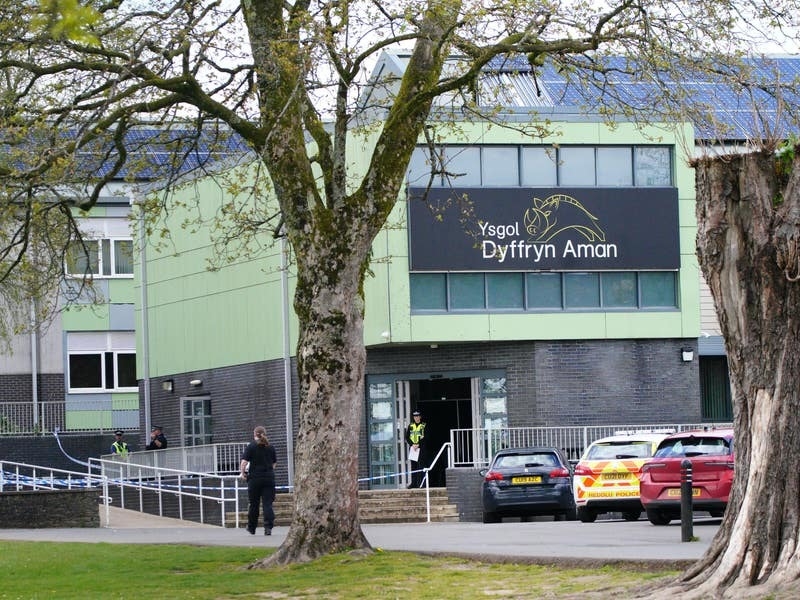by Lucy Stephenson
IT is exactly ten years ago to the day that a story was published on the website of this newspaper revealing that the then States chief executive Bill Ogley was to receive a six-figure pay-off when he left his job at the end of the month.
It was a revelation which kicked off the era of ‘golden handshakes’, or at least the public knowledge that this was happening.
And it was thanks to the then Senator Jim Perchard that the information became public knowledge in the first place, using his parliamentary privilege at a Scrutiny hearing to ask if it was true that both a States chief executive and a former chief officer of Health and Social Services had left their posts with ‘golden handshakes’ worth hundreds of thousands of pounds each.
He referred to one leaving with £500,000 and another with £300,000, but did not specify who had received what. And he did not, at that stage, name names – but it was easy to work out that he meant Mr Ogley and Mike Pollard, who resigned in 2009.
I remember the occasion well, and the conversation with my news editor which followed when I called from the Royal Square after sitting in on the hearing.
It went something like this: ‘Hi, it’s Lucy. Scrutiny’s finished. I think I have a good story, did we know about pay-offs worth hundreds of thousands of pounds to the chief executive and others?’
‘Er no!’ Came the very quick reply. ‘Get back to the office now so we can start work on this.’
The realisation that I did indeed have an important front page story in my notebook dawned – and that I was the only journalist there – and the adrenaline began to kick in.
It was a quick and important lesson in what can happen at a seemingly mundane Scrutiny hearing, as well as how politicians can use their privilege in such environments to get important information out into the public domain. I learnt a lot that day, and in the way the story developed too.
In the days, weeks, months and years that have followed golden handshakes have been in the local news time and time again. There have been more revelations, investigations, reports, recommendations, and, memorably, even promises from the then Chief Minister Ian Gorst that things would change,
In reality, such payments have continued, of course – some we know about, some we don’t. Tweaking the name here and there to things like compromise agreement, severance payment, contractual obligations and so on has also helped to keep the local media on our toes as we endeavour to ask questions about such payments.
Each may have a slightly different meaning, if only someone would explain them to us.
Last week, when it emerged that the latest former government chief executive, Charlie Parker, had walked away with his own pay-off worth around half a million pounds, it was a stark reminder that such payments are still very much the done thing in the public sector – whatever we are calling them now.
And his payment came despite Chief Minister John Le Fondré giving assurances shortly after Mr Parker’s resignation last November that there would be ‘no additional payouts beyond his contractual entitlement’.
A carefully worded statement, I am sure, given that often such payments are included in contracts in the first place.
On this occasion, however, we were told that Mr Parker was paid off as it was decided it would be less costly than defending any potential claims he might have made against the government following his departure.
In accepting the money, Mr Parker will also have agreed not to talk about the whole sorry state of affairs, thus ensuring even more protection for the Government of Jersey.
Mr Parker’s payment may have been for a different reason to those paid to others over the years, although no doubt some were for similar reasons.
But in the eyes of the public it is just another massive golden handshake using public money, and one which many are angry about.
Which is exactly why we all deserve a much better public explanation about why this keeps happening than we have had over the years. The argument has gone in the past that such clauses in contracts are the norm for high-flying public servants, much like for football managers who are guaranteed pay-offs when they leave a club even if they are sacked for under performance.
And, in Mr Parker’s case, it was decided it was cheaper (and probably less embarrassing) to bung him a load of cash to go away relatively quietly.
So why doesn’t someone working for the government who specialises in employment law and contracts explain to the rest of us how and why this works.
Show us examples from other places, explain what good practice looks like and set out how decisions about who gets what are made.
No names or individual cases need to be mentioned or real-life examples relating to Jersey given, just explain the rationale and the process and justify why it is in the Island’s interests to make such payments.
That way at least there is a chance we can understand why, ten years later, this is still happening and why, very probably, it will continue in some form for another decade at least. That is what openness and transparency really looks like, not providing half the information and then scurrying back into the shadows to wait until the dust settles.
By failing to be open in this way our government is only fuelling the fires of distrust and conspiracy which are already undermining our political and public sector systems.
And it’s only natural that if such information is not forthcoming, people will question if it exists at all.






